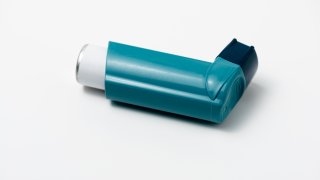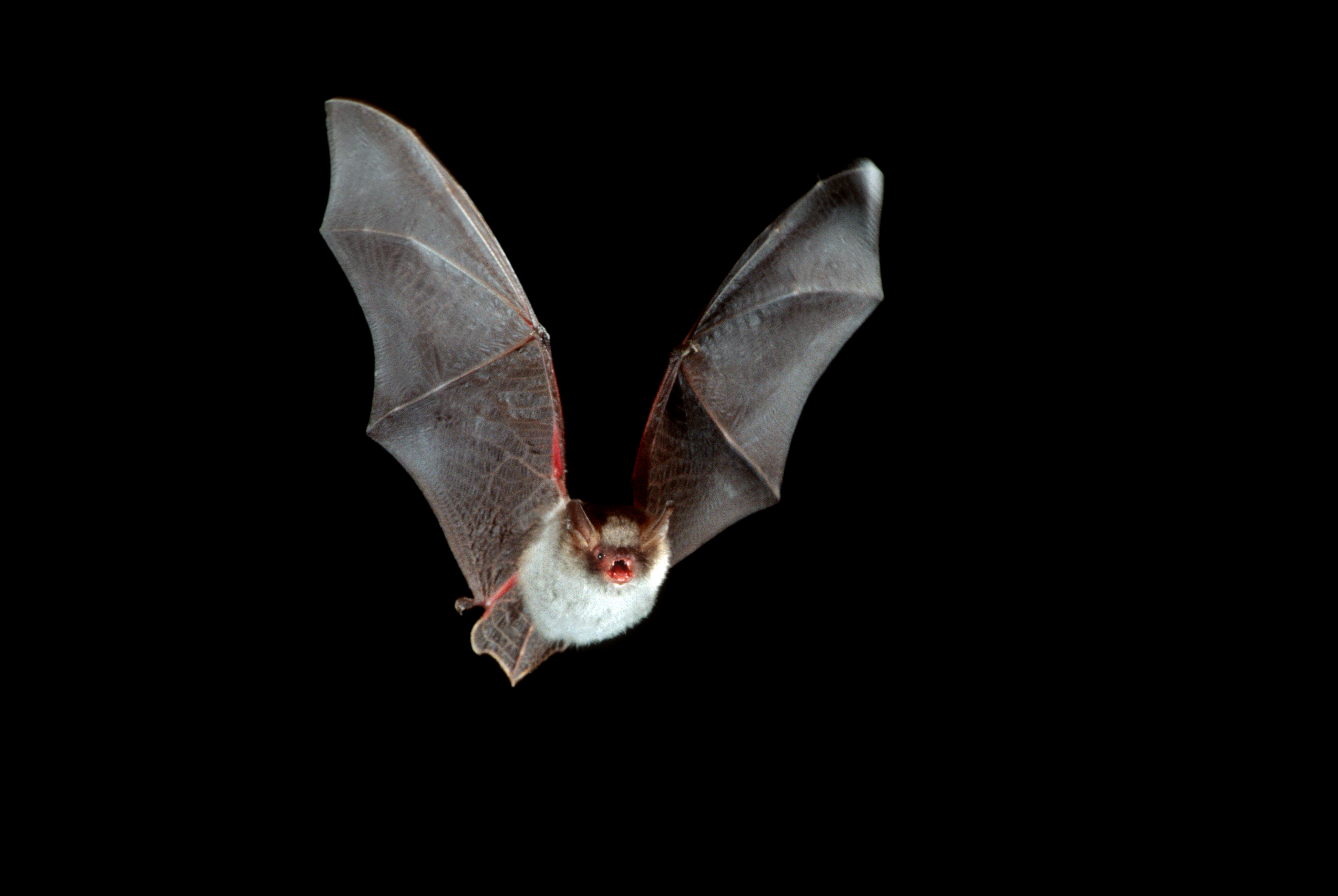
The new coronavirus is causing anxiety for many people with pre-existing medical problems, including those with asthma.
The lung disease, which makes breathing difficult, is among conditions that appear to make people more vulnerable to the severe form of COVID-19, the illness caused by the bug, according to the World Health Organization and the Centers for Disease Control and Prevention.
Still, there’s little data right now about how exactly the new coronavirus affects people with asthma, though the condition has been known to worsen with other strains of coronavirus, the Asthma and Allergy Foundation of America noted.
Actor Idris Elba, a high-profile asthma sufferer, recently revealed he’s tested positive for the coronavirus. In a video he posted on Twitter on Tuesday, the star said he was generally feeling well, but expressed concern about possible complications to come.
“I have asthma, so I sort of fit in the high category of most at risk,” he said. “I have a respiratory issue and I’ve had asthma all my life so, you know, catching corona was definitely not on my bucket list at all.
“I’m worried about having asthma and how that could make things really complicated for me very quickly.”
U.S. & World
News from around the country and around the globe
Elba added his asthma was "OK" so far and that he didn't feel any restriction on his breathing or his lungs.
Since the virus is new, the picture is not entirely clear for people with the condition. One recent study of 140 people who were hospitalized for COVID-19 in China found asthma was not a risk factor for the infection.
“The data are limited and at this time do not demonstrate any clear evidence of increased risk of disease or severity of disease for those with asthma,” Dr. Mitchell Grayson, chair of the Asthma and Allergy Foundation of America's Medical Scientific Council, wrote in a statement.
“However, it is important that all patients with asthma take their medications and keep their asthma under control.”
People with the condition should take precautions when any type of respiratory illness is spreading in their community, the foundation advised.
That includes the usual advice: frequent hand washing, social distancing, staying at home if there’s local widespread disease and having a two-week supply of supplies.
“This is a scary time for all of us, but we will get through this,” Grayson wrote.
This story first appeared on TODAY.com. More from TODAY:



